Many people are concerned about how to get an education in Norway. You can understand why they have thoughts about studying in this country. Norway has the most flexible and student-oriented system. The state accepts foreign applicants on a par with local ones, provides scholarships and loans, provides assistance in finding employment, and even in some cases forgives debts. And education is free for everyone! However, not only the issue of studying at local universities deserves attention. It is worth talking about the entire education system as a whole.
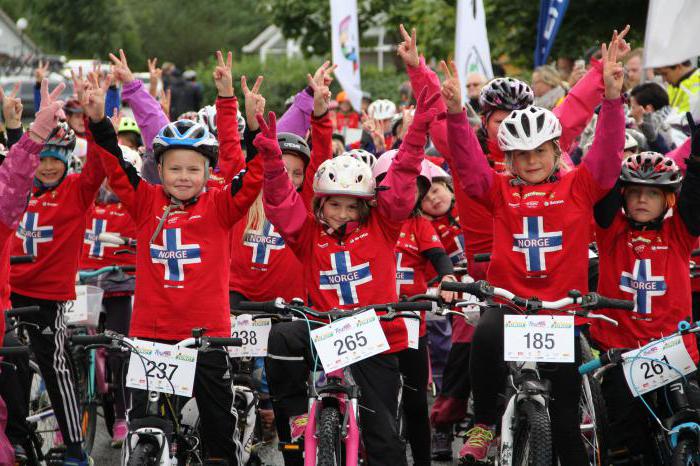
Preschool level
Not so long ago, reform of educational institutions was carried out in this Scandinavian state, which was aimed at improving the quality of acquired knowledge. At present, the education system in Norway consists of several levels. This is preschool education, incomplete and complete secondary, as well as higher.
Kindergartens are attended by approximately 80% of state children. There are no incredibly long lines that Russians can no longer surprise. But you will need to wait a bit - about 5-6 months. Interestingly, the right of every child (over one year old) to attend kindergarten is enshrined in official legislation. Moreover, if the state cannot allocate a place for it, then the parents are paid an allowance equal to 3,000 kroons.
Visiting kindergarten is not free. It costs about 3,000 kroons per month. It is important to note that this price is fixed for both public and private institutions. But, by the way, parents can return from 40 to 80% of the funds spent on kindergarten. There is a tax deduction for this.
The pre-school education system in Norway is very interesting. In kindergartens of this country, emphasis is placed on the development of fine motor skills. Each child is provided with maximum opportunities for the manifestation of their creative abilities. In addition, all children play a lot and spend time on the street. For babies with special needs there are separate rooms and appropriate specialists for supervision.
There is no quiet time in these establishments (only for the smallest), as well as hot meals. Children eat what parents prepare for them with them, as well as fruits provided by the kindergarten.
It is interesting that even in these institutions they focus on teaching children the Norwegian language. For this reason, migrant children often receive priority on admission. True, the payment may be slightly higher. But pre-school education in Norway is worth it. In any case, the baby will have the opportunity to adapt to a new language and social environment for him.
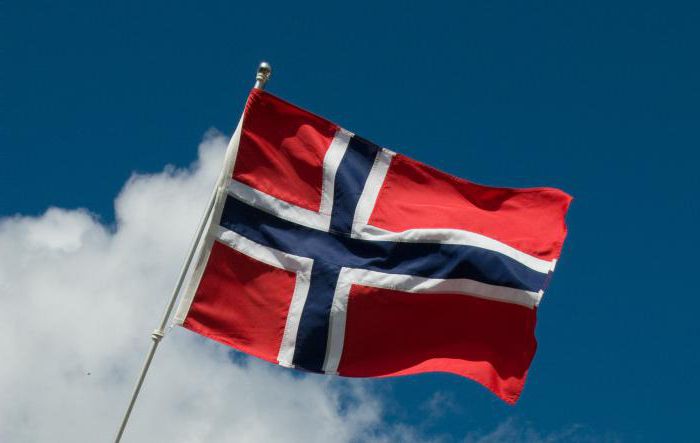
Inclusion
It was said above that for people with disabilities in this Scandinavian country there are the same opportunities for obtaining knowledge as for everyone else. Inclusive education in Norway really is of the utmost importance. This concept is aimed at creating equality in the system between all pupils and students, regardless of their characteristics. However, individual characteristics and needs are taken into account - to create maximum comfort for those who need it.
However, it is worth noting that there are also separate inclusive kindergartens and schools. They are based on deep, valuable principles that have long been accepted and recognized by all Norwegian society as a whole. Moreover, they are explained in detail in the section of the legislation that formulates the mission of preschool and primary education.
If we turn to the relevant regulatory act, we can find out that in this state the inclusion of the learning process is a strategic goal. All pupils and students are perceived primarily as carriers of potential and knowledge. Absolutely every service related to education is focused on changing not the student himself, but the environment in the institution. This means that higher, primary and secondary education in Norway is accessible to everyone.
Elementary education
A child can attend kindergarten before he turns 6 years old. Then he enters Barneskole, an elementary school. The first year can be called an acquaintance - children are taught the basics of counting, writing, reading and a foreign (English) language. Particular emphasis is placed on the acquaintance of future members of society with nature and wildlife. And only from the second year does the study of subjects begin. Interestingly, the beginning of the school year falls in mid-August. And it lasts until the end of June.
Schooling in Norway is free. Moreover, each child is presented with everything that is necessary for attending classes - stationery, textbooks and special satchels of a bright orange color (so that the kids can be seen on the road even in bad weather).
In elementary school, children not only study subjects. One of the most important tasks is to adapt each child to life in modern society. Therefore, when classes are formed, they do not take into account the nationality, level of development (both physical and mental) of the future student. And for children who are migrants, a translator is provided to help you learn the language for the first time.
Primary education in Norway is also interesting because for all years students have not been given grades. Merits of children are noted in special notebooks handed over to parents. If there are problems with the performance of a particular student, then a commission is formed of highly qualified teachers, which for several days is present in the classroom and analyzes the difficulties of the child. After this, additional classes are assigned.
In total, children study at Barneskole for 7 years. The end of this stage means that they received an incomplete secondary education.
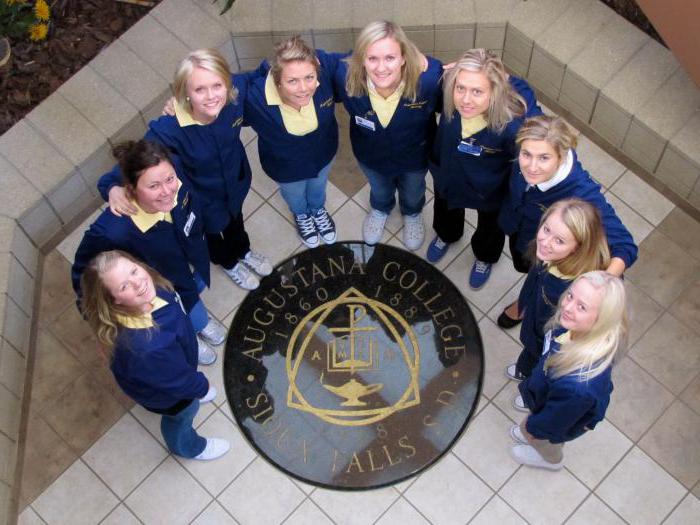
High and high school
The education system in Norway involves 3 years of study at Ungdomsskole. This is a high school (grades 8, 9 and 10). New subjects are introduced: accounting, ecology and economics. Every teenager has the right to choose some additional foreign language.
It is worth noting that in this state, modern technologies strive to maximize the use of. So in high school, teens are often given free tablets and laptops.
After three years, you do not need to take exams. Young people are already interested in learning, because admission to high school (Videregående skole) depends on their performance. Profile they can choose. There are two departments - professional excellence and academic.
In the first case, the guys get a working specialty. Such education in Norway lasts 4-5 years. After graduation, young people go through two / three-year paid practice. They can also enter a university. There is a special program 235 for this. You only need to be no older than 23 years old. And still have to pass exams in school subjects.
At the academic department, students are preparing to enter universities and colleges. They have to not only improve their knowledge of basic disciplines, but also study subjects of a narrow profile associated with their future specialty.
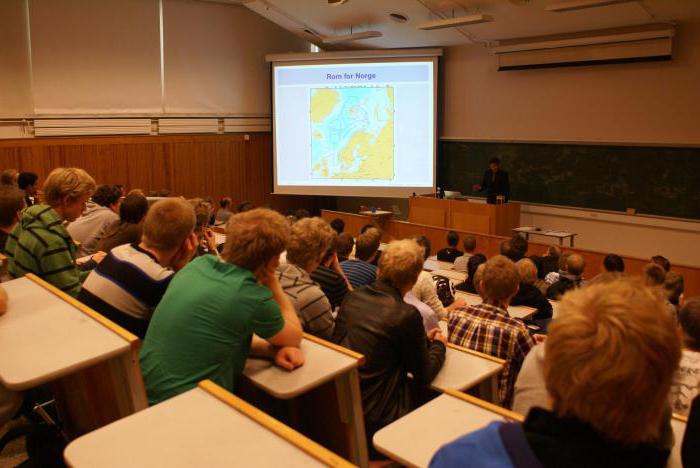
Admission
After graduation, those wishing to graduate in Norway must decide on their further choice. This is either a university or a college. There are countless practical disciplines in institutions of the second type.
You can still go to a higher private school. But they, in contrast to universities and colleges, are paid.But they teach the most popular and prestigious disciplines.
For applicants who wish to pursue higher education in Norway in a creative specialty, there are national art academies and colleges with relevant profiles.
In general, the choice is great. In addition, no exams are required! Applicants are enrolled on the basis of a competition of certificates.
I would like to note that education in Norway since 2003 has been carried out according to the Bologna system. It includes 3-4 years of undergraduate studies (at any university of the state), 2 master's programs (which end with writing a thesis), as well as a 3-year doctoral program, which implies the mandatory defense of a dissertation. But there are also universities that offer students to complete a specialty. It lasts 5 years.
It is worth mentioning that in the magistracy of the largest universities in the country there are departments for foreigners, where teaching is conducted in English. All migrants with a bachelor's degree are allowed to go there.
Is there a chance to be credited?
Definitely. Every foreigner has the right to education in Norway. But only if they meet the requirements approved by law. Documents are accepted only from applicants with such an education that is equivalent to studying in higher schools of the state. That is, if a Russian wants to go to a local university, then he must have completed high school and at least 1 year at any university in the Russian Federation.
English and Norwegian language requirements are also required. However, this is logical, because a person himself wants to absorb knowledge in a Scandinavian country. True, some universities and colleges provide an opportunity for enrolled students to take a one-year language course.
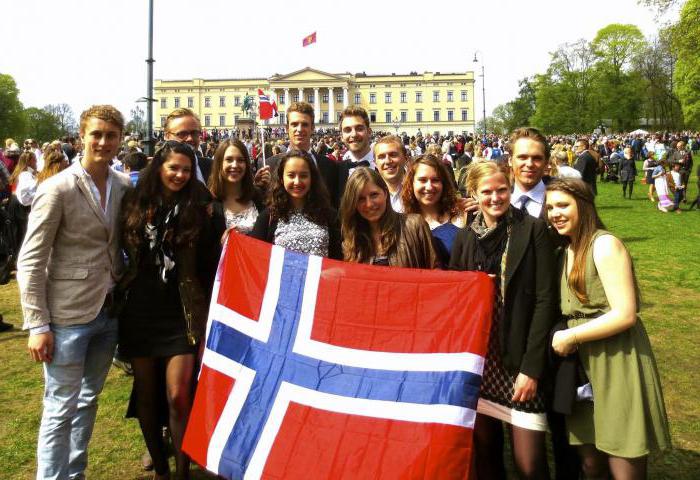
Instructions for admission
If a person is tempted to get an education in Norway, he needs to visit the Agency's resource for guaranteeing the quality of education. It is there that the form for compiling and sending an application for a foreign student is posted.
To take it into consideration, you will need to send more scanned documents. And here is their list:
- international passport;
- certificate of full secondary education;
- a certificate from the university confirming that the person has completed the first course;
- Certificates of success in Norwegian and English exams (IELTS / TOEFL and Bergenstesten);
- motivation letter.
Education in Norway for Russians is a real reality. But just to have time to be credited, you need to submit documents six months before the start of the first semester, which falls in the middle of winter.
What's next?
When confirmation of enrollment arrives, you must immediately begin to obtain a residence permit, for which you will need to go to the Norwegian Embassy. First, you need to generate the following package of documents:
- civil passport (original and two copies);
- an application of the established form, filled in one of the two previously mentioned languages (the form is issued by the visa department);
- 2 color photos (3 x 4 format) No.
- a certificate from the university and a certificate of graduation;
- medical insurance;
- proof of admission to a Norwegian university / college;
- Consular fee receipt
- bank account statement (it must have at least 12,000 euros or 94,400 kroons per year);
- proof of housing in Norway; it can be an agreement on renting an apartment, or a certificate showing a student in a dormitory room.
It is important to know that education in Norway for Russians is often provided through an exchange program. Between the Scandinavian state and our country the corresponding agreements are concluded. It is worth trying to get under such a program, because in this case you will not need to confirm the availability of housing and deposit 12,000 euros into a bank account.You can study the list of such advantageous offers on the official resource of the Norwegian Center for International Cooperation in the field of higher education.
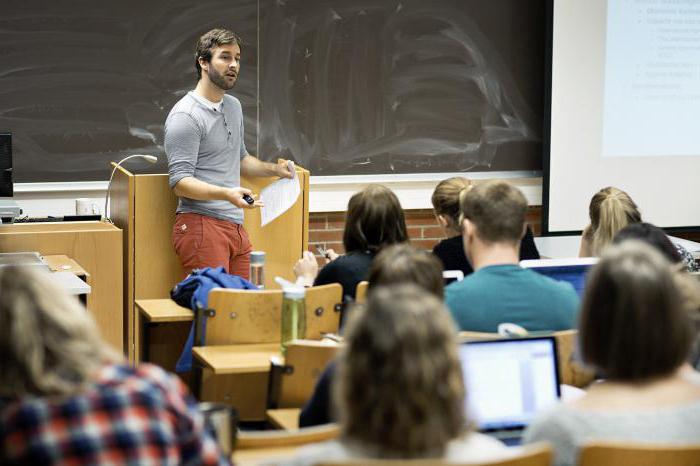
Issue price
As mentioned above, free education in Norway is a positive reality. Nearly. The fact is that studying at universities is conditionally free. You will have to pay for the semester, but a purely symbolic amount. These are the contributions that are spent on maintaining the infrastructure of an educational institution.
One year at the University of Oslo, for example, costs $ 139. But this is the best university in the country. His liberal arts faculty is recognized as the best in the countries of Scandinavia. And more than 27,000 students study at this university, many of whom have flown from different parts of the planet.
At the University of Bergen, the cost of one year is $ 125. Also a little. Universities in this state are generally budgetary. And they, by the way, are only 6. But there are much more private schools and colleges. And if in institutions of the second category the prices are approximately the same as in universities, then in institutions of the first type not everyone will be able to afford training.
Take, for example, Bl Norwegian Business School. This is a prestigious institution, whose graduates become successful entrepreneurs and large businessmen. But the bachelor's year there costs $ 8,645. For masters, the price is $ 9,133.
However, the year of foundation of Norway costs about the same as in the most famous university in our country.
Infrastructure and format of classes
It is interesting that in every higher educational institution of the country there is a department that deals with the improvement of students and their leisure. It is this organization that settles applicants after admission, helps in obtaining medical insurance, and engages in participation in sports and cultural events. To become a member, you need to pay a symbolic 30 euros. And there may be benefits from this. Some active students, for example, may be offered a weekend trip to a ski resort.
What about classes? Most of them are very trivial. One part of the study time is devoted to lectures, the other to seminars. In addition, the student must engage in self-study. How active? It all depends on his ambitions. If he wants to get a brilliant education in Norway and graduate with honors (which often implies "forgiveness" of a student loan), then work is in his interests. Moreover, if he does not try, then he will not give up the session. So it will be expelled.
Ratings, by the way, are set on a 6-point scale. “A” is the highest result. "F" is the worst. A passing score (three) - "E". The student receives only these points during the semester for completing assignments and activity at seminars. And in exams, they can put him either “pass” (credit) or “fail” (did not pass).
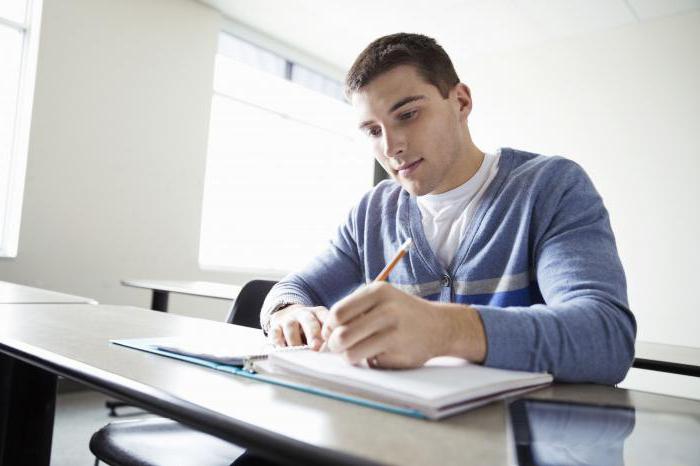
What else is worth knowing?
So, in principle, anyone can get an education in Norway with due diligence. The main difficulty is learning the Norwegian language. But this problem is solvable. If possible, you can go to the International Summer School. These are special 6-week courses organized by the universities of Oslo and Bergen for foreigners to study the Norwegian language, social sciences and local culture.
They are paid, but everyone can apply for expenses (scholarship). To do this, contact the Norwegian Research Council. This process is being implemented through the Ministry of Education of the Russian Federation.
And one more nice nuance that you should know about. There is such an organization - the Norwegian Memorial Fund on May 8. Every year he gives scholarships especially for international students. Young people aged 19 to 21 years can apply. True, there is one condition. Upon completion of training, they will be required to return to their homeland. Then, of course, no one will forbid to come again, but first you have to leave the country.